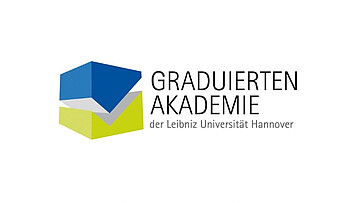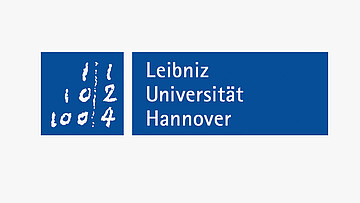Information and advice for post-doctoral researchers at LUH
Dates and deadlines
The path to habilitation
-
Step 1: Planning a habilitation
The habilitation serves as proof of outstanding aptitude for independent scientific research and teaching. Successful completion of a habilitation grants you the authority to teach independently in a certain academic field at Leibniz Universität Hannover (Venia Legendi).
The prerequisites for admission to habilitation at the Faculty of Electrical Engineering and Computer Science can be found in § 2 of the Habilitation Regulations. § 3 explains which habilitation components you must complete (habilitation thesis, degree-programme course, scientific lecture and oral examination).
If you would like to complete a habilitation, you should first develop a possible research topic and agree which of the professors will serve as your mentor.
-
Step 2: Submission of habilitation thesis and application for admission to habilitation
Once you have completed your habilitation thesis, you can submit a written application for admission to habilitation to the Dean of the Faculty. This opens the habilitation process. You must submit all documents to the Dean's Office in accordance with § 4 of the Habilitation Regulations. Your application must be approved by the Faculty Council, and in taking their decision, the council will consider the recommendation of a preliminary committee appointed by the professors of the relevant field (according to the decision of the Faculty Council of 11 June 2012). You should, therefore, discuss the application with your mentor at an early stage so that he or she can organise the preliminary committee with the other professors. After approval, the council will appoint a Habilitation Commission specially for your habilitation in accordance with § 5, Clause 1.
-
Step 3: Formation of the Habilitation Commission and review of the habilitation thesis
The Habilitation Commission will decide whether to open the habilitation process (§ 6) and appoint at least two habilitated or equally qualified experts to review the habilitation thesis (§ 7). Their written reviews will be finished after approximately three months.
-
Step 4: Display of the thesis and reviews
The habilitation thesis together with the expert reviews will made available for four weeks in the Dean's Office for inspection by members of the Habilitation Commission, members of the Faculty Council, faculty professors and faculty private lecturers (Privatdozenten). After the inspection period, the commission shall decide on the acceptance or rejection of the thesis on the basis of all the expert reviews.
-
Step 5: Degree-programme course, scientific lecture and oral examination
After accepting the habilitation thesis, the Habilitation Commission will set the dates and topics for teaching a degree-programme course and giving a scientific lecture with subsequent oral examination. You can suggest topics for both (see § 8). You will be informed of the dates and topics at least two weeks in advance.
Your degree-programme course, scientific lecture and oral examination will be open to the public and each usually lasts for 45 minutes.
-
Step 6: Decision on habilitation and teaching authorisation
Following the oral examination, the Habilitation Commission discusses the degree-programme course, scientific lecture and oral examination in a closed session. If the commission is satisfied that these have been successful, it will approve your habilitation and determine the subject area of your teaching authorisation.
-
Step 7: Publication of the habilitation thesis
After approval of the habilitation, you must publish the final approved version of your habilitation thesis within one year (§ 13). Further information can be found on the website of the Leibniz Information Centre for Science and Technology University Library (TIB). The publication must be marked as a habilitation thesis. It must be shown to the Dean of the Faculty and both a printed copy and an electronic version submitted to the Dean's Office. The TIB will then send a certificate of publication to the faculty. As soon as this certificate has been received, your inaugural lecture can take place.
-
Step 8: Completion of habilitation and inaugural lecture
To complete your habilitation, the Dean's Office will now ask you to give a public 45-minute inaugural lecture. All members and associates of Leibniz Universität Hannover will be invited by the Dean of the Faculty (§ 11).
After the inaugural lecture, the dean will present you with your habilitation certificate. With the presentation of the habilitation certificate, the habilitation is officially completed and you are granted authority to teach in the subject area specified on the certificate. You may now use the title "Privatdozentin" or "Privatdozent" (PD) and add the abbreviation "habil." to your doctoral title.
Questions about the habilitation process?
30167 Hannover














